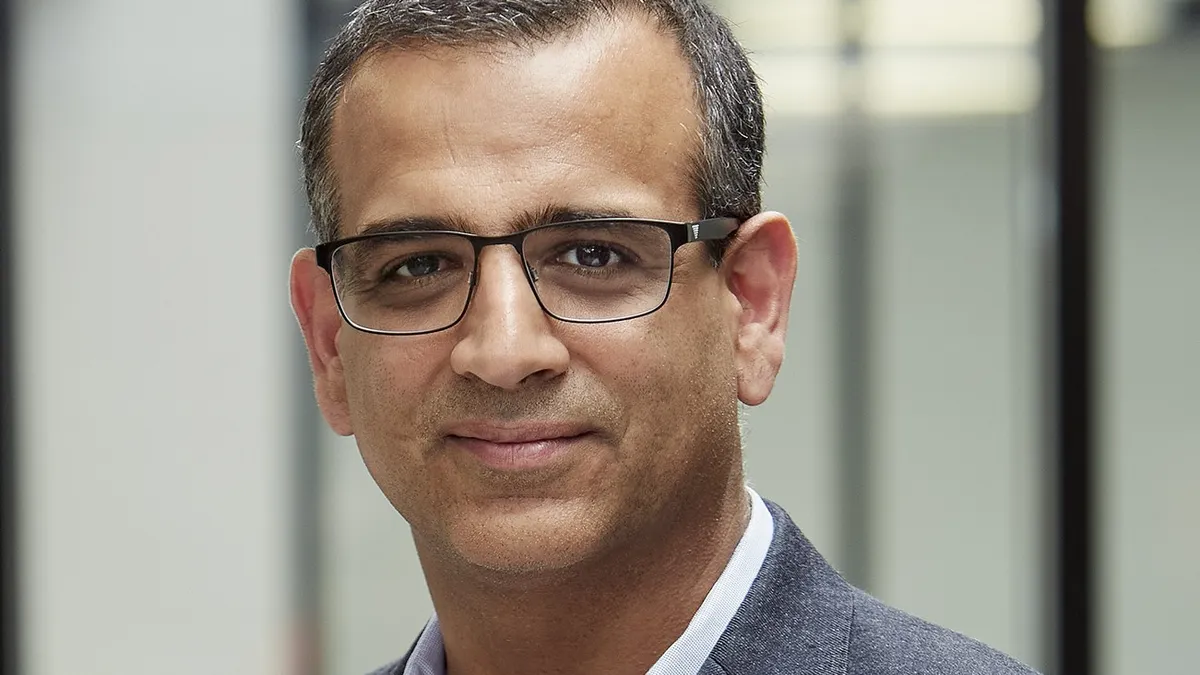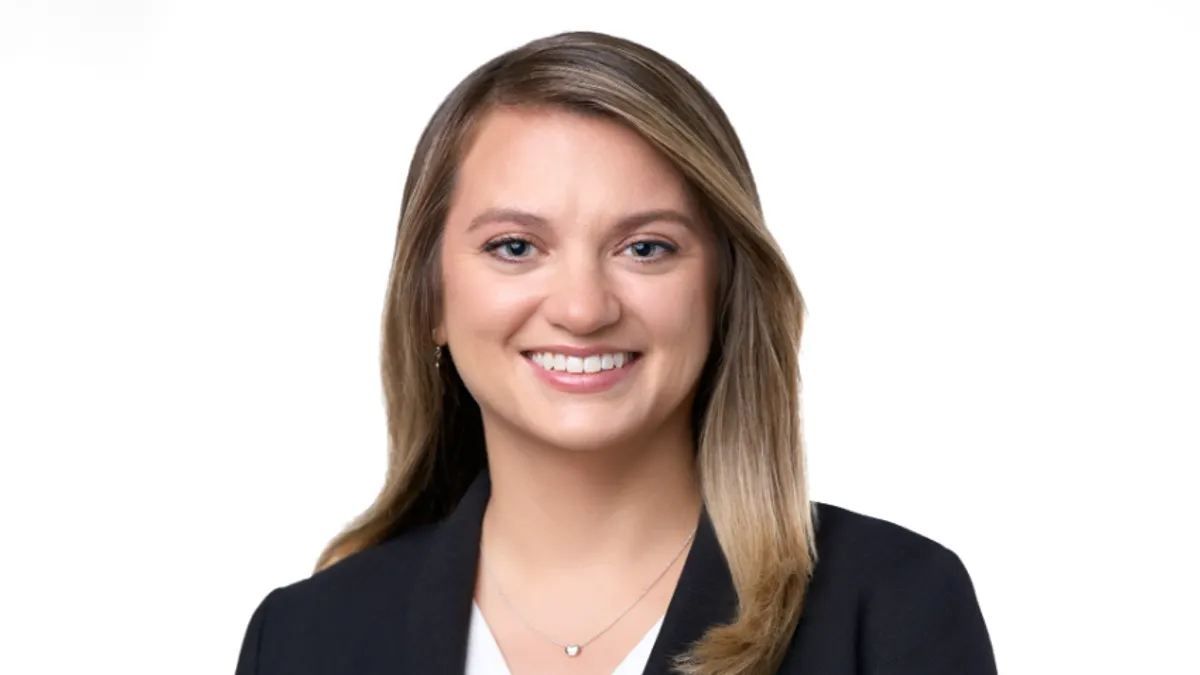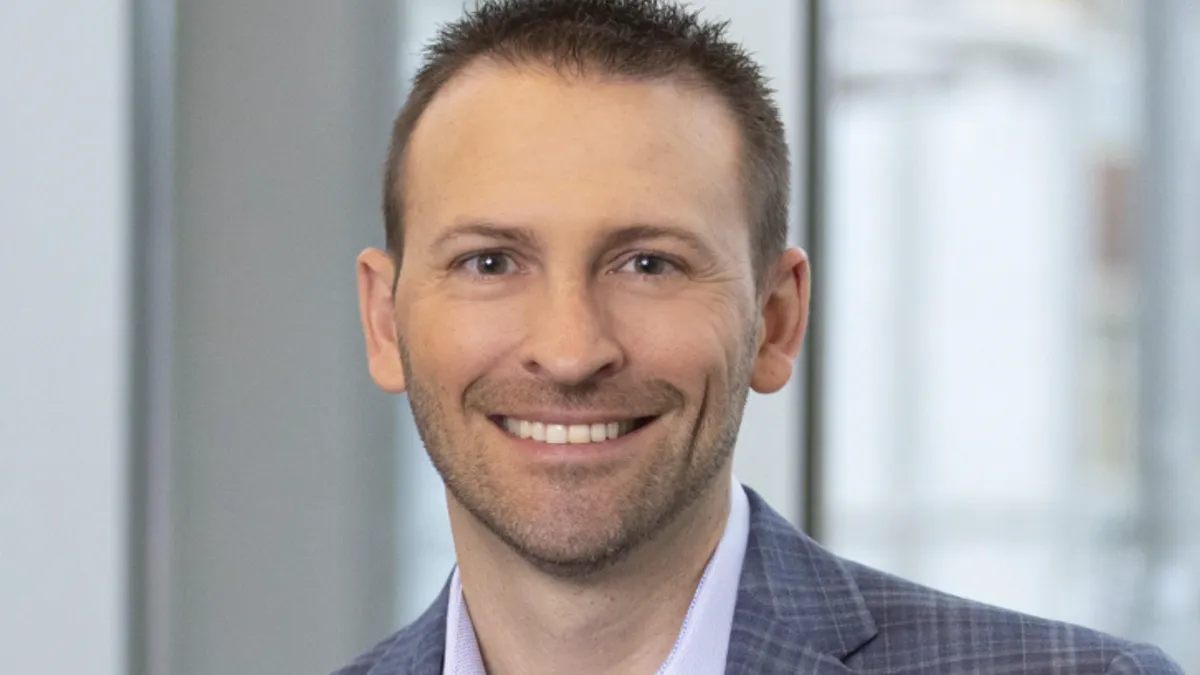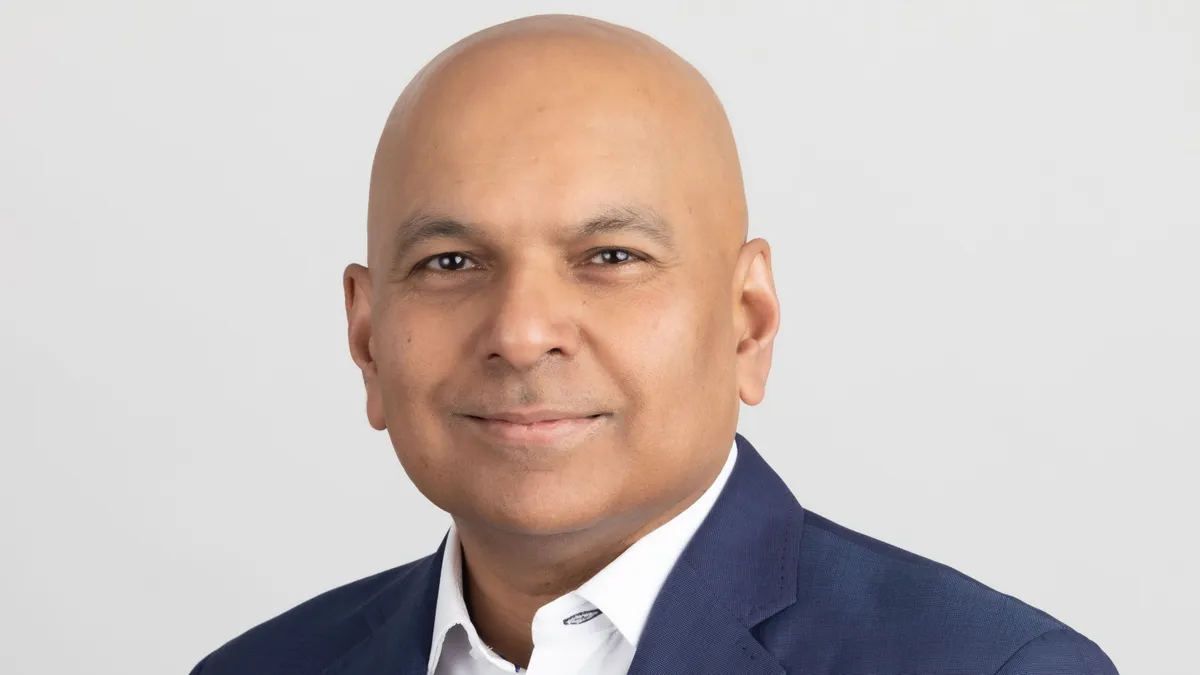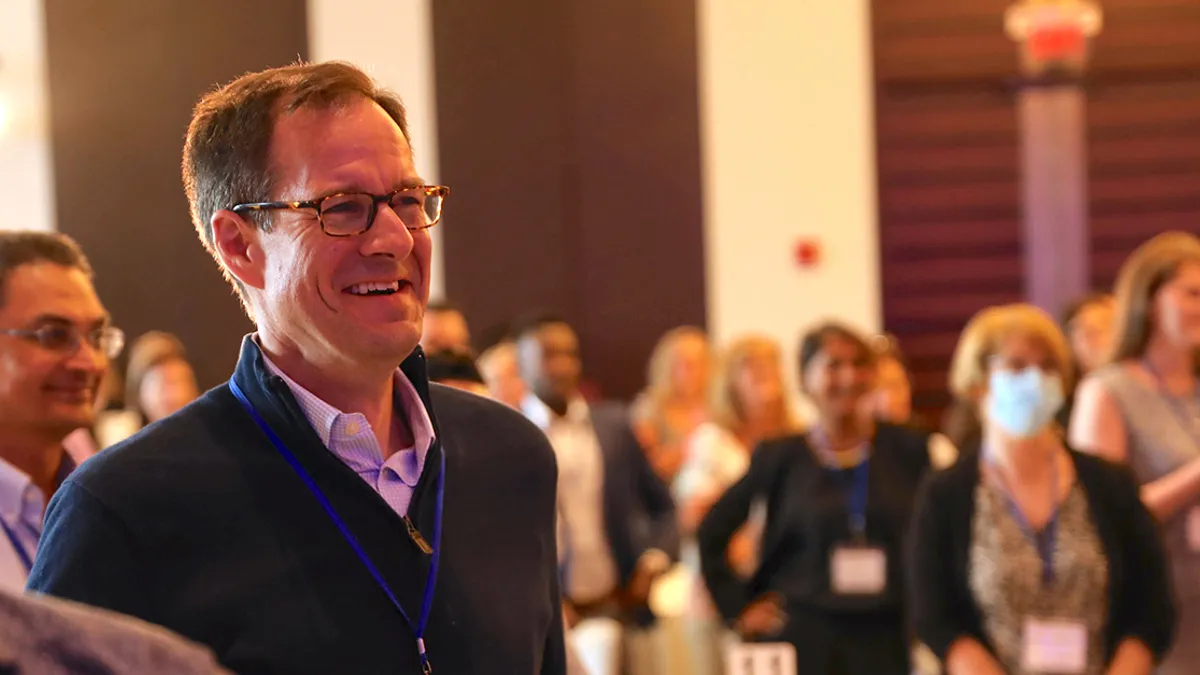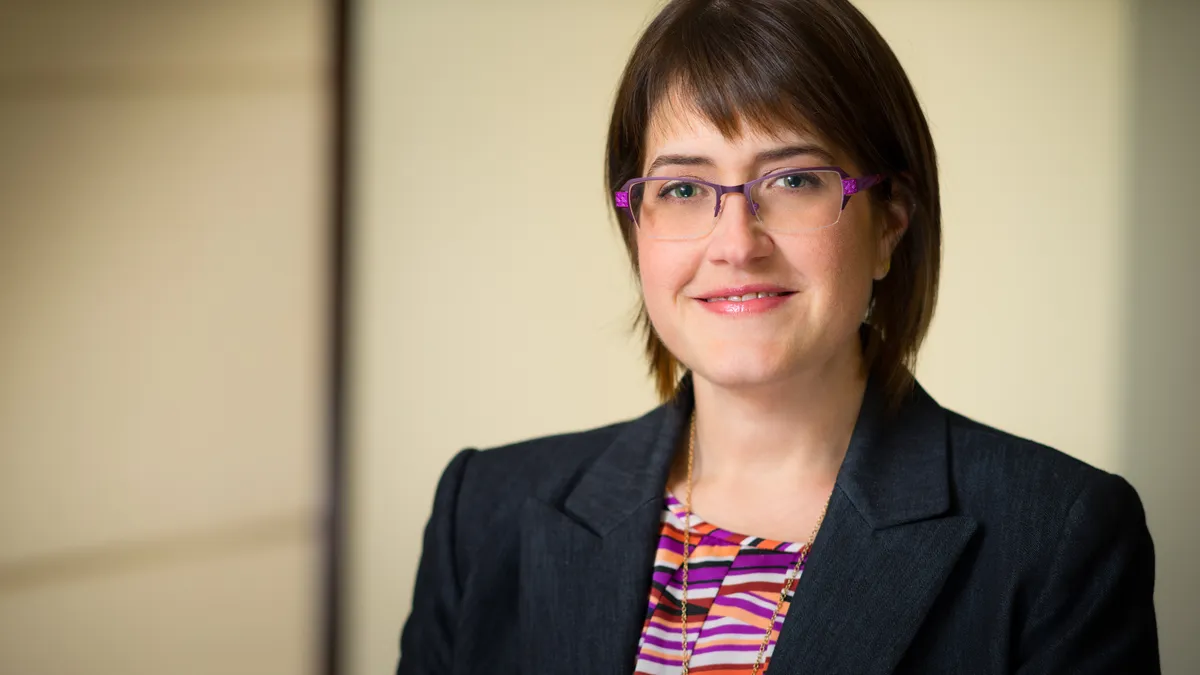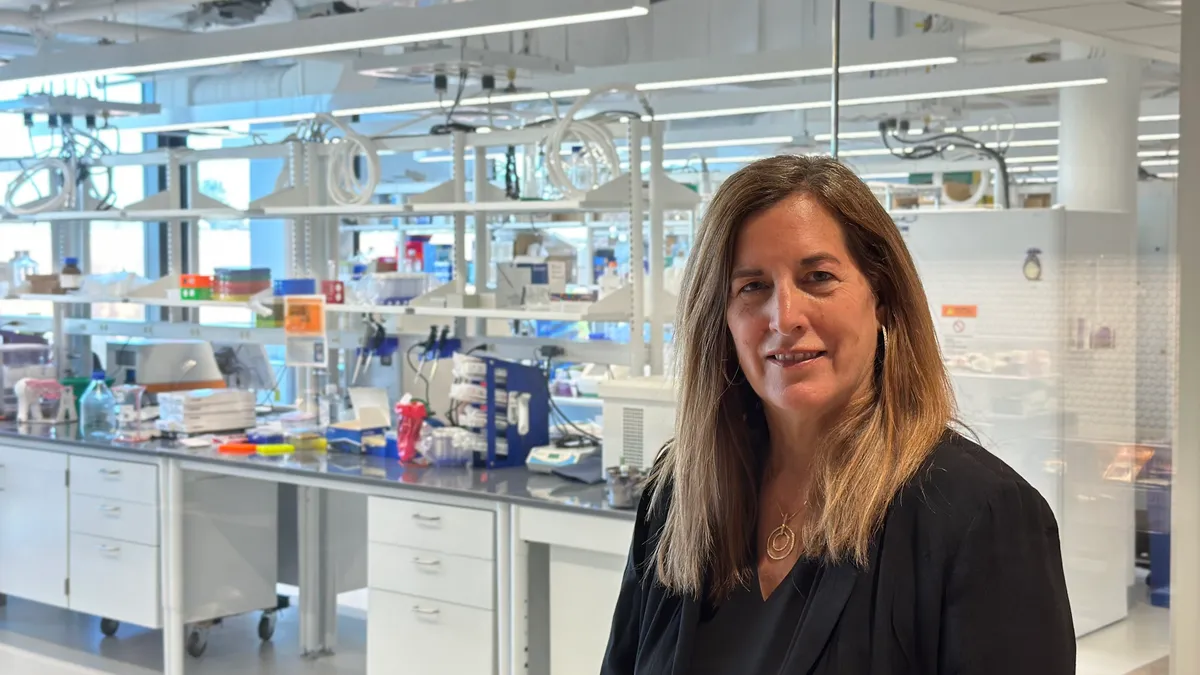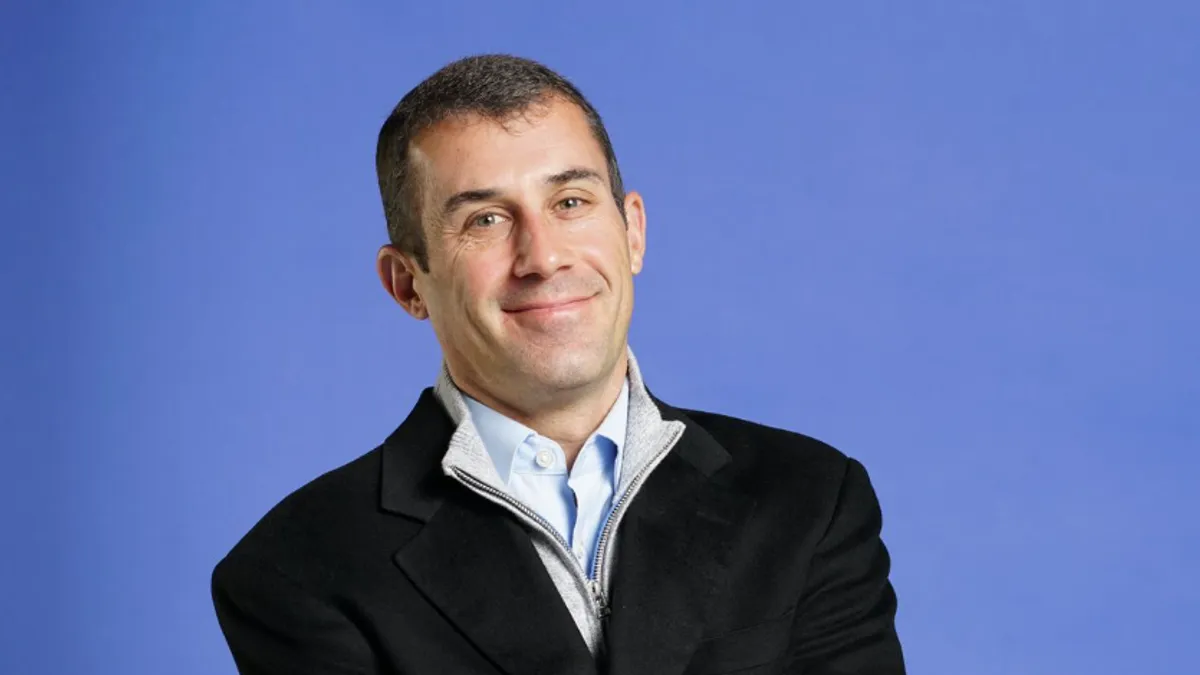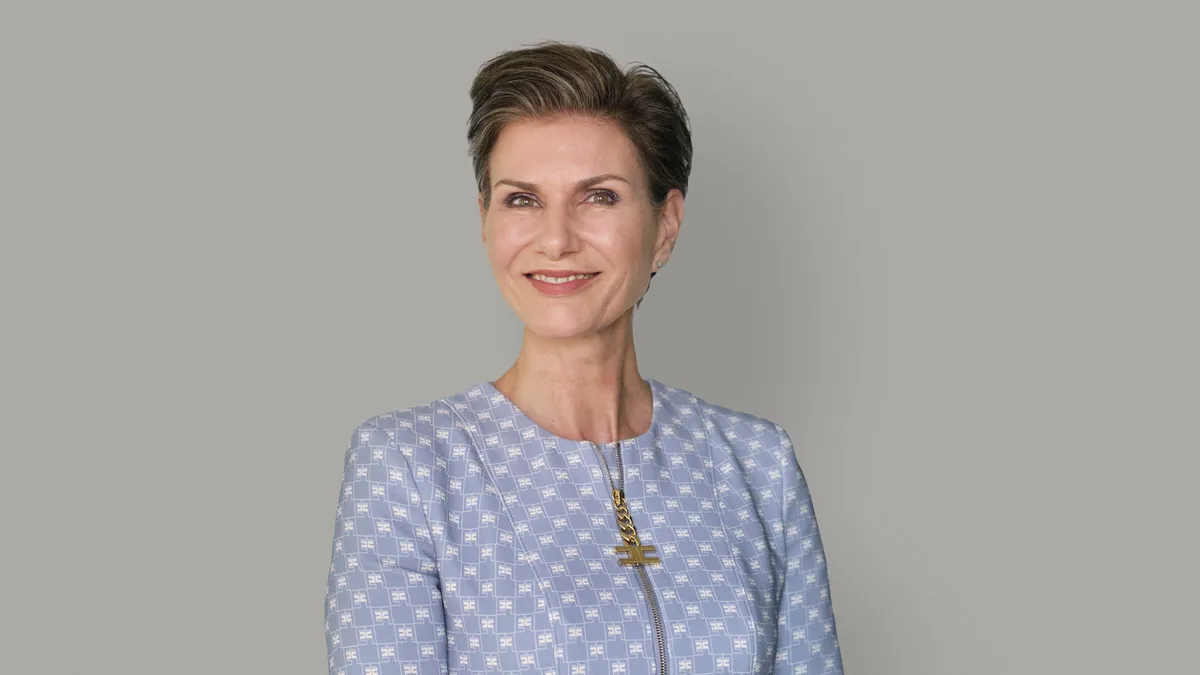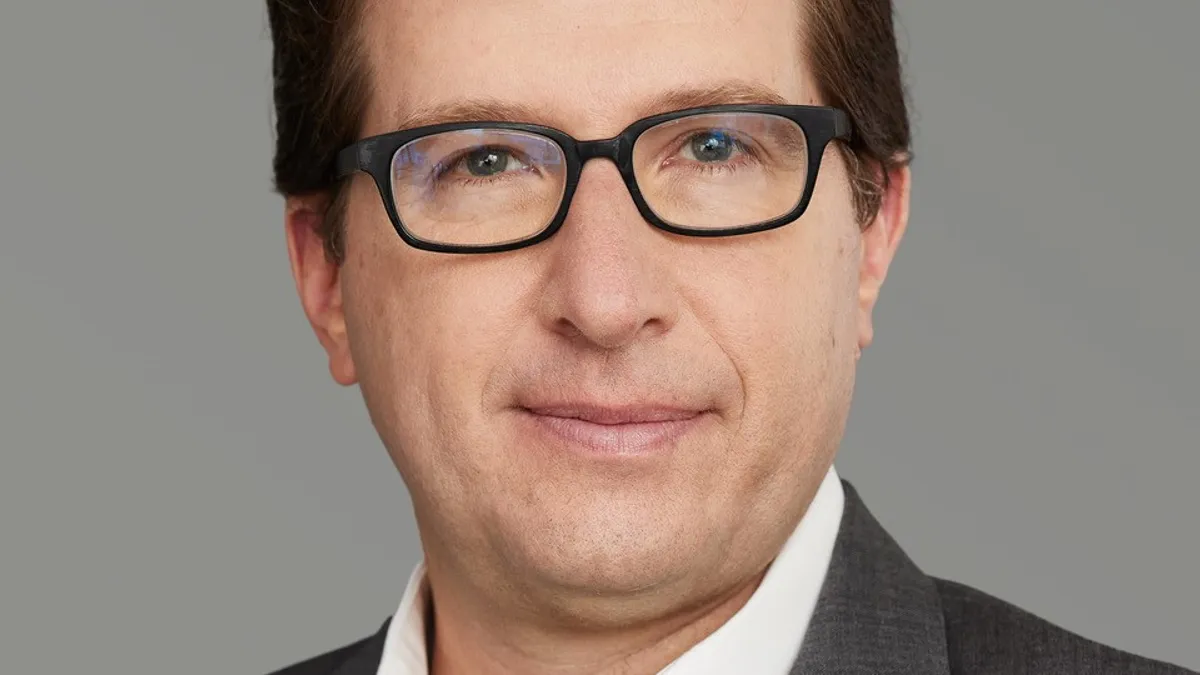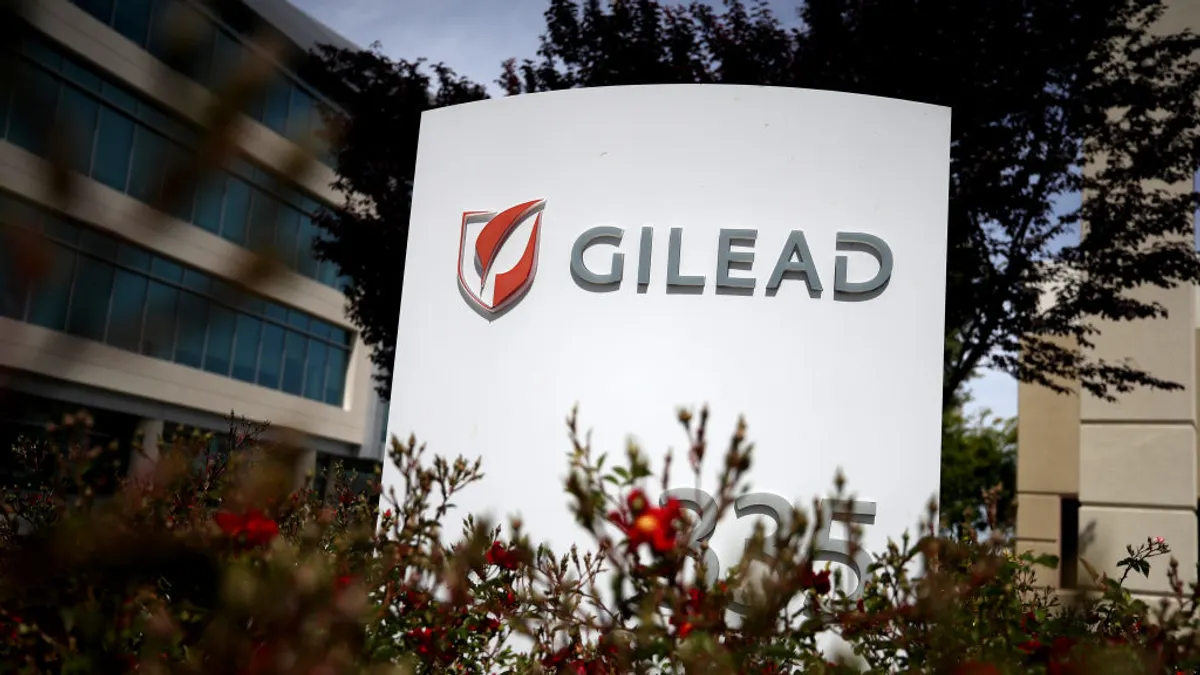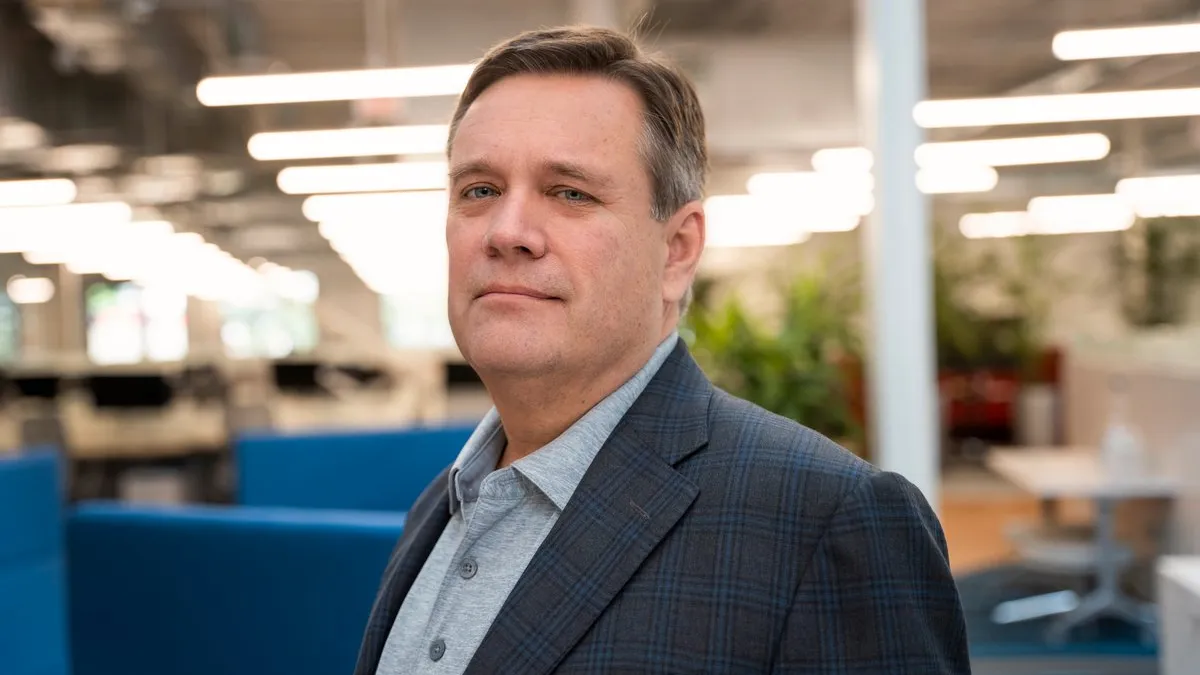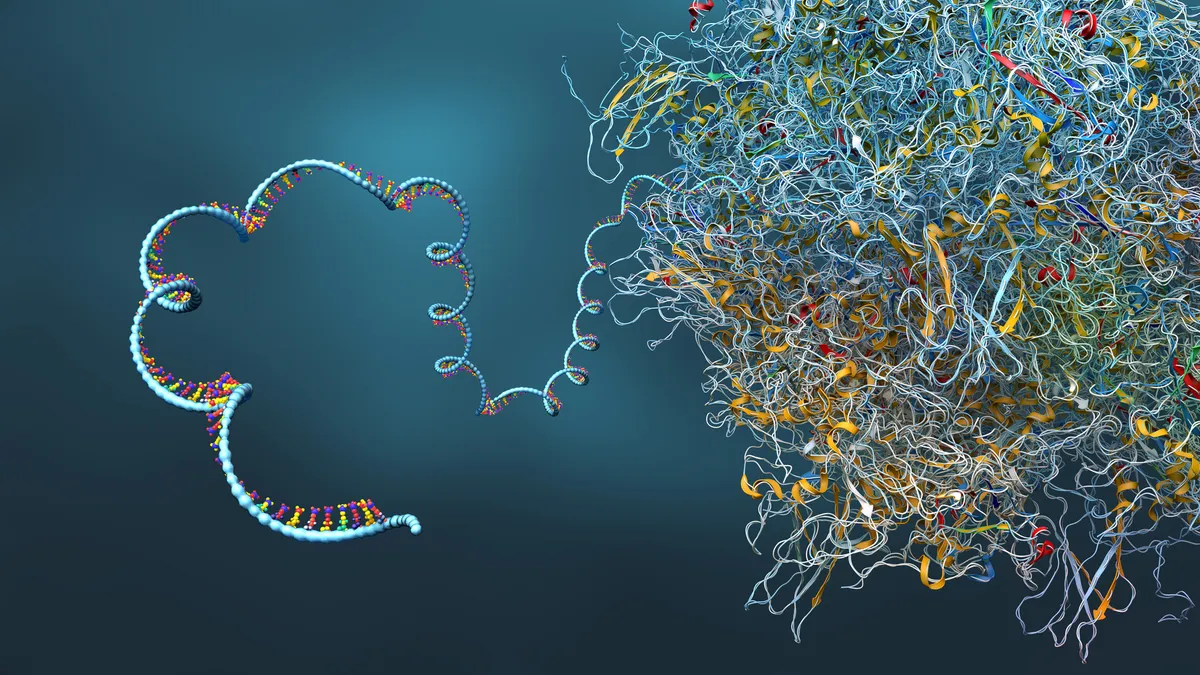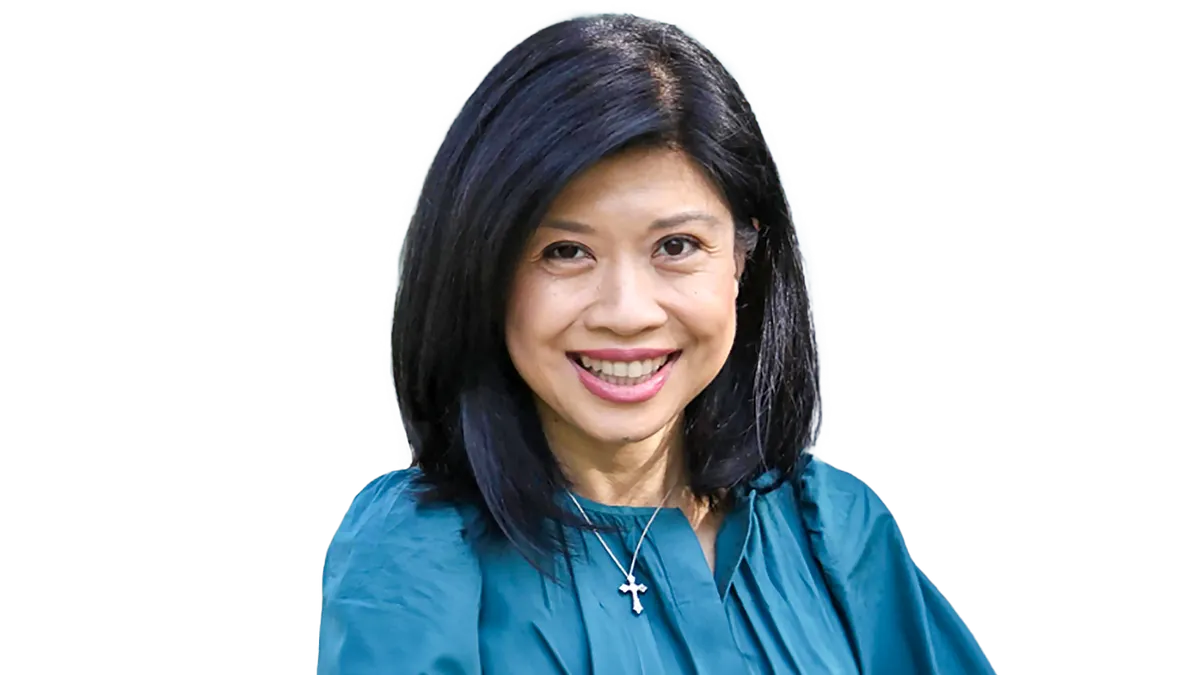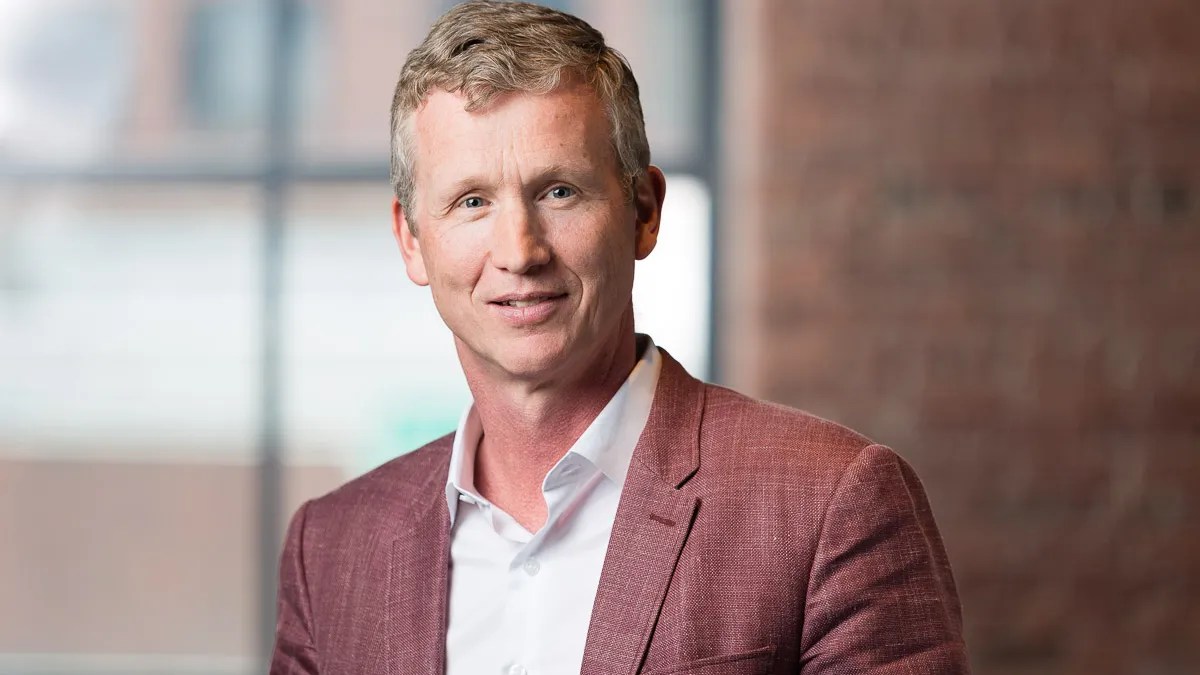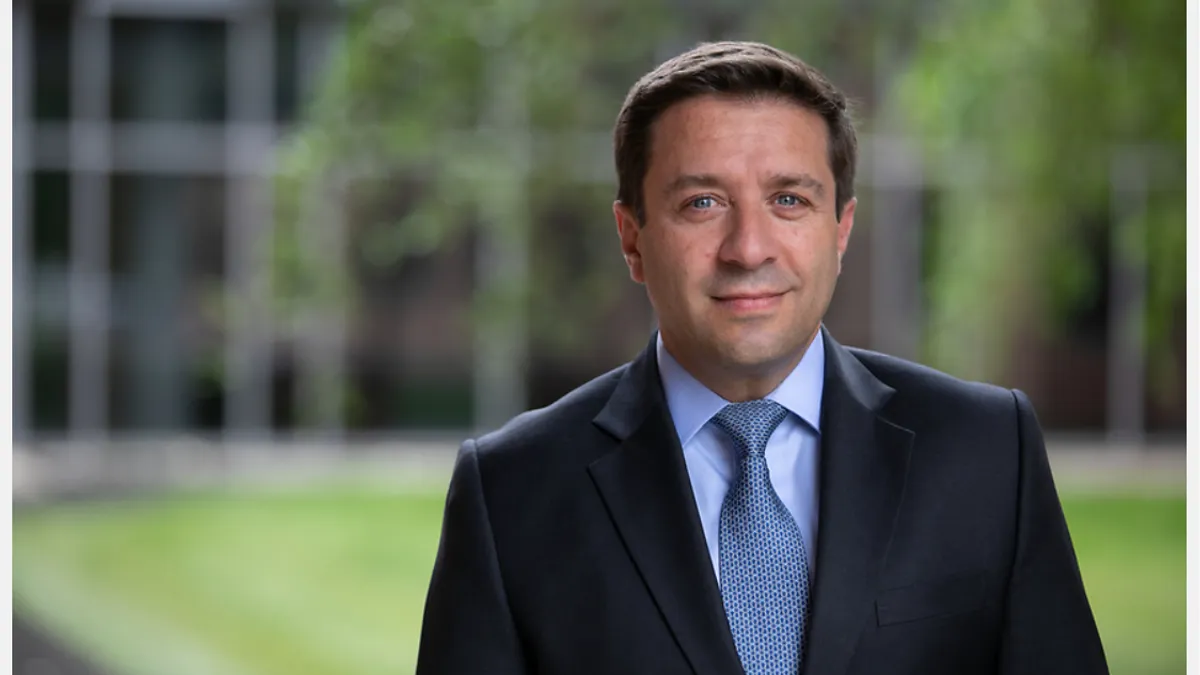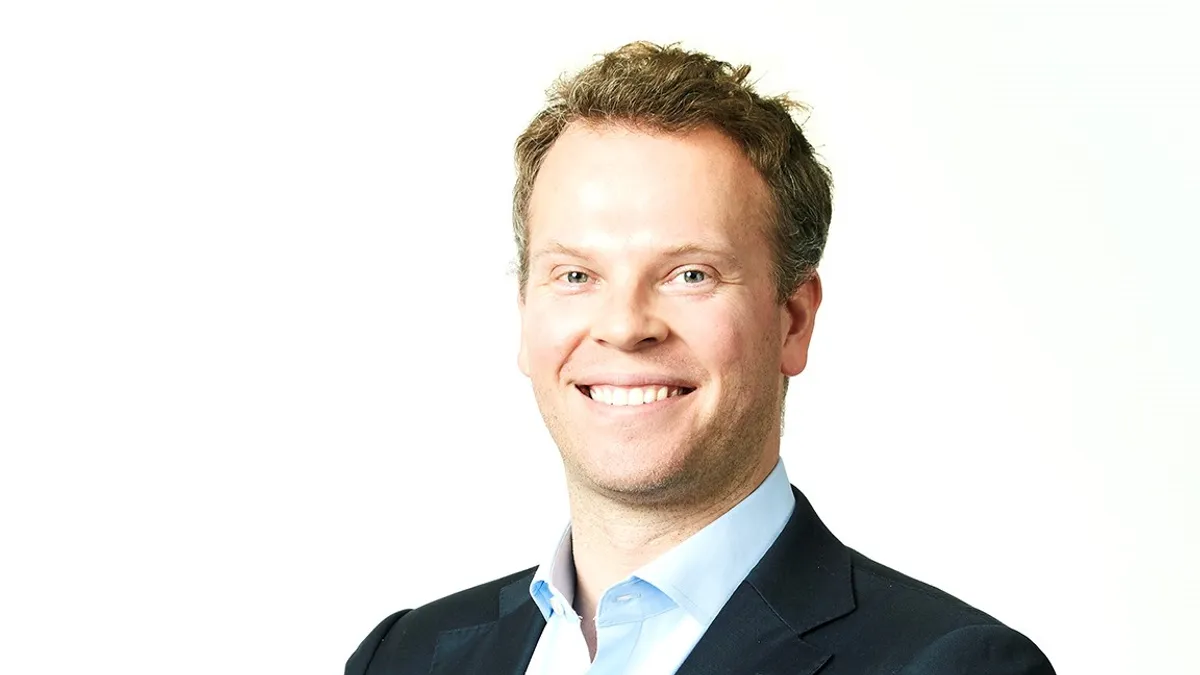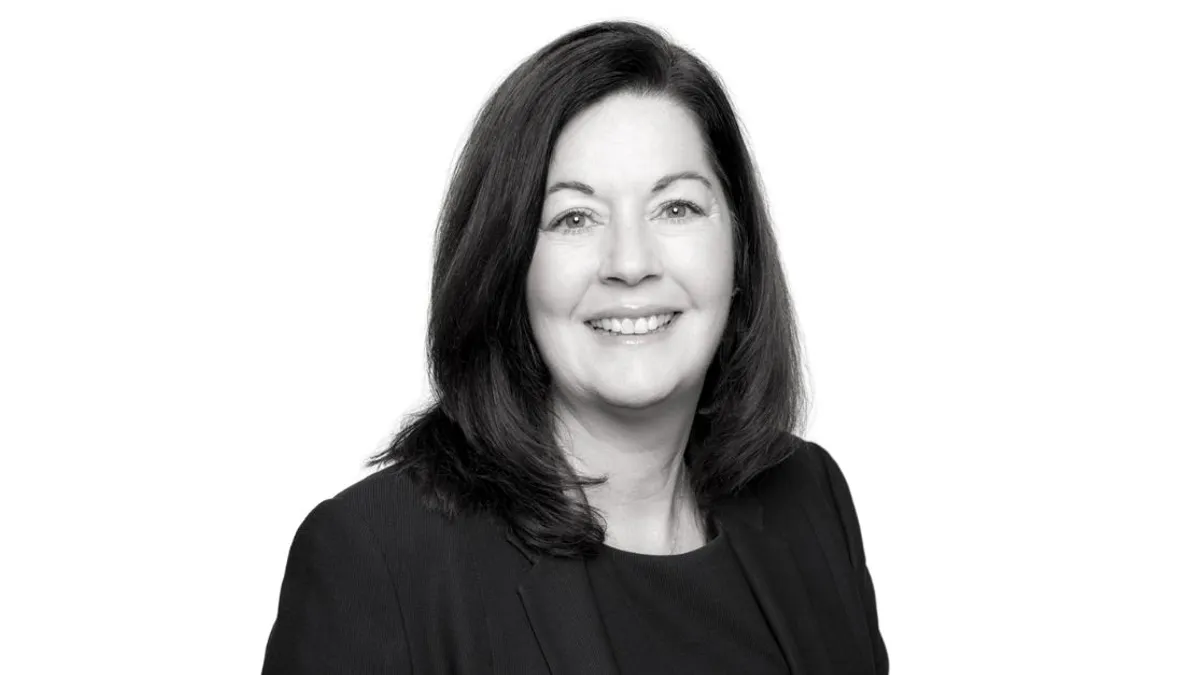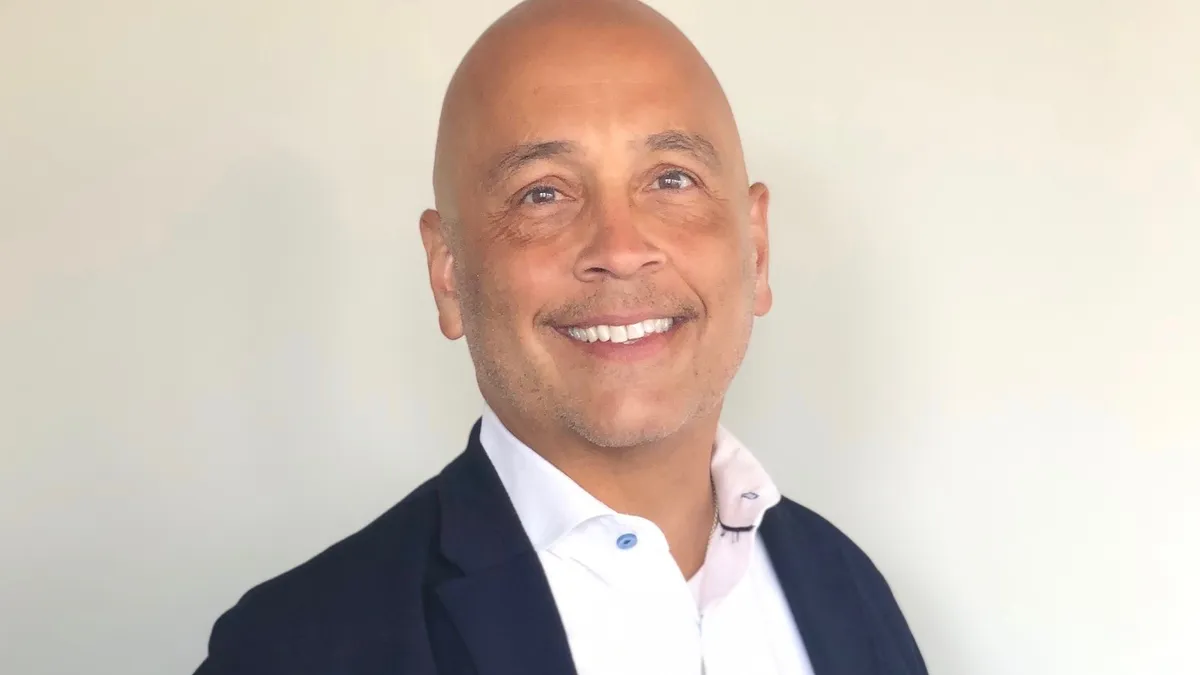Welcome to First 90 Days, a series dedicated to examining how life sciences executives are planning for success in their new role. Today, we’re looking at Adaptive Biotechnologies' new CFO, Tycho Peterson, who stepped into the role in June to take the financial reins during a sweeping reorganization of the diagnostics and therapeutics company.
Tycho Peterson has long been a voice on Adaptive Biotechnologies' earnings calls, but this last quarter was different — instead of asking the questions as a sell-side analyst at J.P. Morgan, Peterson found himself on the other side of the table as the diagnostics and therapeutics company’s new CFO.
Peterson, who stepped into the role in June, joined the company at a time of major transformation. In March, Adaptive reorganized into two business areas — one focused on the ClonoSeq diagnostic test for blood cancers and the other comprising immune diagnostics and drug discovery. This drug side of the company also incorporates partnerships with pharmas like Genentech, in which the companies are developing personalized cellular therapies that could "effectively cure cancer," Peterson says.
The reorganization has also created challenges, including an effort to streamline its force which has required that the company cut about 12% of its employees. As a former analyst, it’s these kinds of efficiencies that Peterson is well-suited to create.
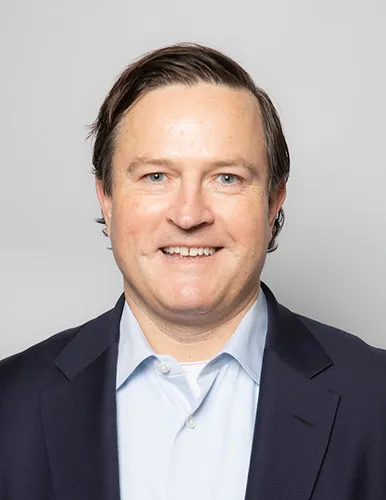
He says he took his time to find the right entry into the industry and landed on Adaptive as a place where his impact on patients' lives could be the greatest and where he could take the company to the next level of profitability.
PharmaVoice caught up with Peterson as he began his third month on the job, discussing what he brings to the table as a former analyst, the strategies that Adaptive is employing to become more streamlined and what it means to be a good CFO.
This interview has been edited for length and clarity.
PharmaVoice: You've been an analyst a long time, keeping an eye on the industry from that side. What kind of perspective does that experience give you as you take on a CFO role?
Tycho Peterson: I spent 23 years as a sell-side analyst at J.P. Morgan covering the life sciences tools and diagnostics space, so over the course of my career, I got to see a lot of different companies — some successful, some not. It was interesting to understand, ultimately, what drives success at a company, and it can be a combination of the right technology, the right market opportunity, various barriers to entry. But studying a lot of these companies has helped me a lot as I stepped into the role here at Adaptive to understand what the keys to success are.
We're going through an interesting point in our own journey at Adaptive, trying to focus more on profitability and getting more efficient. Having studied a lot of companies that were very good at that over the years, I think I can help out in that regard as well.
What did you do in terms of preparation for this position?
I did a lot of due diligence as I was thinking about the types of companies I would join, trying to identify a company that was ultimately going to have an impact on patients' lives. Early on, I homed in on some of the clinical diagnostic companies. And then the second part for me was finding a company that was going to be differentiated in terms of the technology and the overall market opportunity. Adaptive certainly checks that box in terms of having a broad platform that can span multiple disease states, and both diagnostic and therapeutic revenue streams.
The first thing when I came on board was to step in and understand the different parts of the business, get to know the finance team, get to know the systems — I talked to a lot of people that had made a move from sell-side into CFO roles and tried to understand what their first 180 days were like so I could hit the ground running.
Adaptive underwent major changes prior to you joining the team, including layoffs and a reorganization into two businesses. Can you talk about the unique challenges of navigating the financial direction of a company after that transformation?
Defining the two business segments — [minimal residual disease] and immune medicine — is part of the process of sharpening the focus and simplifying the business overall. The goal here is to effectively allocate capital to drive further growth. With the realignment, it's a much cleaner reporting structure.
Ultimately, we're doing our three- to five-year plan now and that will help us think about where we can get more efficient, where we can get more profitable, and there are a number of ongoing initiatives underway to drive operating leverage. We lowered our operating expense target for the year so you're starting to see some benefits from all that.
What are your major initiatives as you take the financial reins for both the short term and the long term?
It's exciting to step into a company that's going through some interesting changes and evolving for the better. As I think about the key priorities, the first was to get to know the financial team and systems and understand the process of rolling up the quarter and getting ready for the quarterly reporting.
The second is updating our three- to five-year plan. We're laying out a vision and a strategy for where we want to be in 2027 and thinking about where we need to make incremental investments and where we can get more profitable. As part of that, we're doing a lot of work on the cost side as well, just trying to understand how we spend our money, where we could have opportunities to be more efficient — we've talked publicly about real estate consolidation, leveraging lower sequencing costs, cloud computing costs. There are a number of levers that we can pull to try to get more and more profitable.
The third priority is financing. We're coming at this from a position of strength with just over $450 million in cash as of the last earnings call, so about two years, but the goal is to extend that runway proactively by another year or so. We've been in some discussions around a potential royalty deal, and we'll have more to say on that hopefully sooner rather than later.
What are some of the more important trends that you're tracking in life sciences that you want to bring to Adaptive?
There's certainly the drive toward proactive, earlier detection — for a long time, diagnostics was kind of the backwater of healthcare. It was expensive and there wasn't a lot of support. Over the last decade, that's really changed where payers are embracing it and appreciating the downstream cost savings through earlier detection and earlier treatment. There will be the emergence of a number of interesting autoimmune drugs coming to market that we may participate in; we're doing a lot on the vaccine side through partnerships; and then with oncology and with our partnership with Genentech, if that works, we've effectively cured cancer.
What are some of the tallest mountains to climb moving forward at Adaptive?
The process we're going through now in trying to get more efficient as a business is not a simple task. That involves a deep dive into understanding cost structure, how we're spending our money and coming up with a path to drive margins going forward. That's a process that will take a couple of years — it doesn't happen overnight because you have to change people's behavior and have buy-in across the board. But it's all for the better and we'll emerge from this as a stronger, more profitable business.
And then there are external factors, like talking to customers and getting them to buy into next-gen sequencing — it takes time. We've made a lot of progress, but there's still a lot of room to grow.
What makes a good CFO in your opinion?
The ability to hear where people are coming from is incredibly important. Being able to empower the people that work for you is important. And so I spend a lot of time with my team trying to understand what their workload is, if they're embracing the right challenges, if they want to take on more responsibility. Understanding what motivates people is important.









